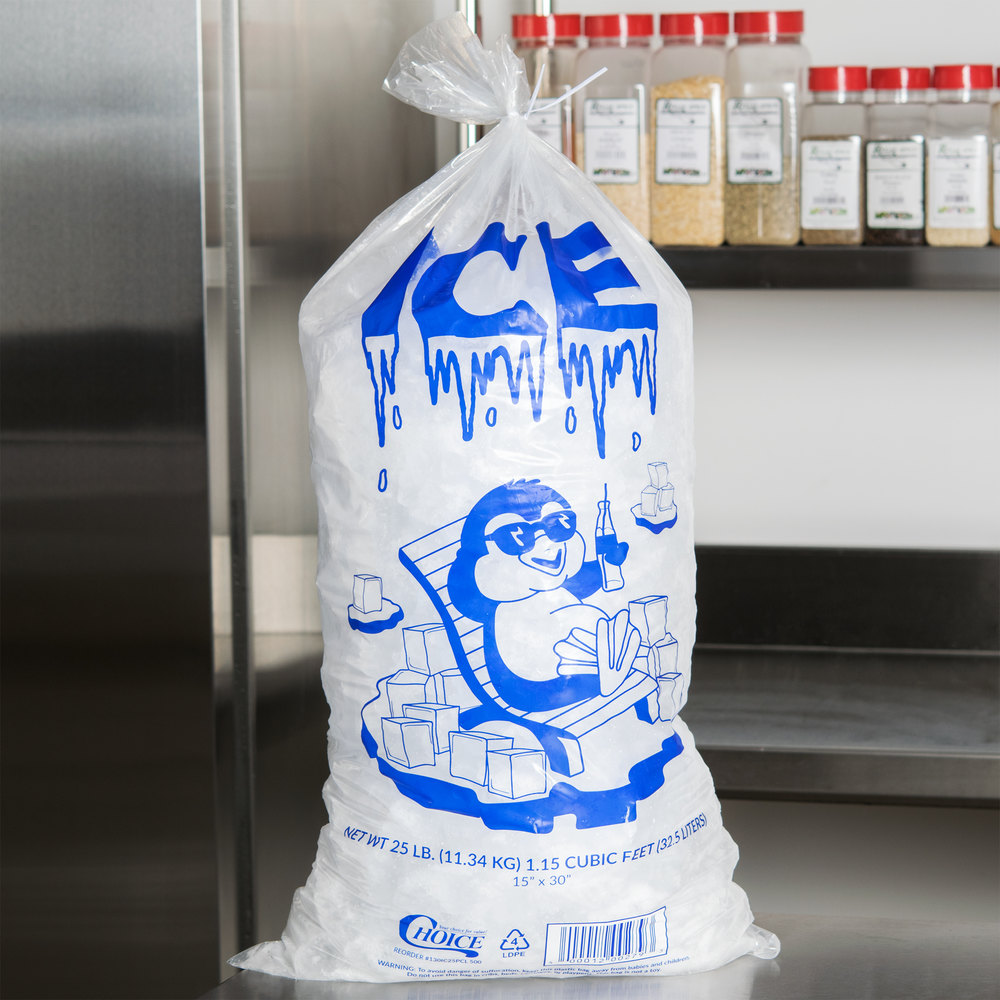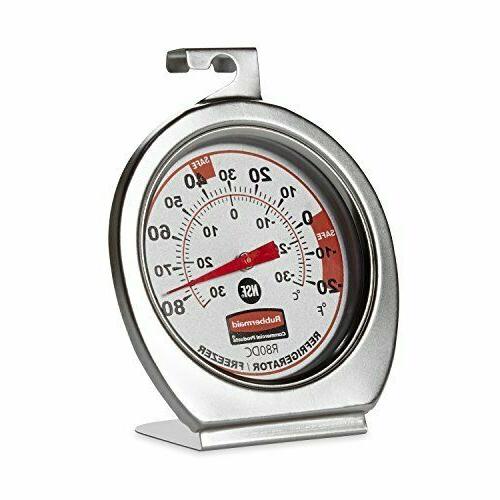
|

|
|
|
 |
|
 When using the Amazon Store Front links to any products I mention I earn a small commission at no cost to you. Keeping food cold during a minor or major power outage is a trick. According to the CDC (as if we can trust that joke of a government entity), if the doors of the refrigerator stay closed, food will stay safe for up to: 4 hours in a refrigerator. 48 hours in a full freezer; 24 hours in a half-full freezer. Here is another thing to consider. In the midst of a natural disaster, the average person has about three (3) days worth of food and the grocery stores will run out of food in about 3 hours. DO NOT OPEN THE REFRIGERATOR OR FREEZER DOOR during those first four (4) hours. In fact, the minute the grid goes down, using duct tape, put a big 'X' across the refrigerator and freezer doors because the habit of opening and closing the doors out of boredom is present. Every time you open that door, warm air gets in and the life span of your food shrinks dramatially simply because the cold air escapes. The magic temperature is 40 to 45 degrees Fahrenheit. If you can keep your food at that temperature or lower, it should be safe to eat. Keeping the doors closed will help tremendously. After that, you have to get the food out of the refrigerator if you do not have a generator.
Well folks, the best way to keep your food cold or frozen will be through the use of a generator. You might be surprised just how quickly food goes bad in the refrigerator during a power outage. Even if you invest in a small generator that is big enough to handle your refrigerator, it will save your loads of money, especially if you are prepping with frozen food. Do your research because there are many sizes from which to choose. Also, there should be a list on the side of the box that tells you the watts for the appliance or device that you want to plug into with that being the 'running watts', as well as the 'additional starting watts'. The starting watts is basically for the larger appliances or devices that have motors. These motors are going to need more 'umpf' or 'power' (same thing) to start rotating at the desired speed. These larger appliances or devices would be - water heater, freezer, refrigerator, sump pump, garage door opener, washing machine, air conditioner, you get the picture. Big motors need more 'power' to get started. Here is a wonderful link to Generatorist.com to help you calculate the right generator for your needs. Here is link to Generac, which has a nice table on it for seeing what the watts of certain devices and appliances. It's super-helpful. Just scroll down on that page and you will see the list.
Then there is always ICE ICE BABY! Do you know how hard it is to get ice during a power outage, especially in the heat? I'm sure you do. One of the best prepared things you can do is keep extra ice on hand. Create space in a freezer just for extra ice. Get a much ice as you can in that freezer for that surprise power outage. Then DO NOT use the ice until you need to use it for coolers, when you are forced to empty the contents. We typically fill up empty plastic containers with water and freeze them, distributing the ice throughout the freezer in order to keep everything iced in case of a power outage. You would be surprised how long a well-iced-up freezer will last in a grid down situation. In the winter months, make your own ice by using all of your empty plastic jugs, filling them with water and sitting them outside to freeze. You can leave them outside the whole time until you need them so the containers do not crowd your refrigerator or freezer. Dry ice doesn't last that long. It's not like wet ice where you can at least get the cold melted water from it. Once dry ice evaporates (in 24 hours), it's like a ghost, it's outta there. And it's EXPENSIVE! And you can't keep it in a sealed container cause it could explode. It's just a frozen gas and once it's gone ... it's gone!
If the power has been out for at least 4 hours, you will need to start emptying the contents of the refrigerator into coolers right away. You must keep the coolers at 40 degrees or below, which means you will need to add ice or a cold source like frozen gel packs on a continual basis. Ya' gotta move f-a-s-t. When you put the food into coolers, keep the coolers outside in the garage away from animals. Outsmarting raccoons is a trick. Whatever is on top of the cooler to keep it closed will not stop a raccoon or a bear. They will just lift it up and open the cooler.
Ice cold streams are wonderful ways to keep your drinks cold, as long as they are secured and do not get taken with the current. Perhaps you could build a rock damn around your drinks. You get the idea. It just stands to reason not to put food in airtight or waterproof bags into the stream because it could contaminate food or change the temperature of the food that could also harm it. The same would be True for not leaving your food outside in a pile of snow. Sounds like a Good idea until the dogs, raccoons, bear and coyote's find your loot. Coolers stored in the garage or inside the house are always going to be your second best option to a generator. Here is a link for ideas on making ICE at all times.
While there is no power outage, this is a perfect time to rearrange your freezer. It's like rearranging your pantry or your clothes closet. Maybe you can pull some of that meat out of the freezer and 'pressure can' it to make it shelf stable and you will not have the issue of so much lost meat in the event of a long-term grid down. I did a major overhaul of our freezers by pressure-canning chicken, pork, beef, brats, kielbasa, turkey burger, you name it! You want to put like foods together, with the lighter foods (vegi's) toward the top. Meats and fish should be toward the bottom. Heat rises, even in a freezer. So the lower portion is where the food that needs the cold the most would be. It's always best to have a full freezer than a half full freezer. Like anything else, like attracts like, and cold foods will keep each other cold longer if they are snuggled up against each other. NO this is not my freezer, mine is much neater.
Get a freezer thermometer. You won't know the temperature unless you get a freezer thermometer. You can pick on of these up anywhere. It's a no-brainer. So let's say there is a power outage. DO NOT OPEN the freezer until at least four (4) hours later. Then you can check the temperature and maybe have some ice handy to ice it down. BLOCKS of ice if you have room to cram them in there to keep the temperature down, down, down.
Bread, Rolls, Tortillas & more | Bug Out Bag | Calorie Dense Foods | Campfire Dutch Oven Cooking | Candles - Easy, Quick, Cheap | Canned Food List | Chuck Norris Memes | Cooking Oils | Cooking Options | Dehydrating Food | Emergency Food Companies | Faithkeeper | Faraday Cage | First Aid Kit | Food Storage Containers | Fuel Options | Grains Food List | Ice Benefits | Lighting Preps | Milk Options | Powdered Foods | Snack Foods | Spices, Baking, Condiments, Soup Starters | Staying Warm and Conserving Heat | Tent, Cabin or Fort Inside the Home | Tools, Gadgets, Knives | Transportation, Carting and Hauling | Water Choices | Water Glassing (Eggs)
DISCLAIMER **This web site's goal is to provide you with information that may be useful in attaining optimal health. Nothing in it is meant as a prescription or as medical advice. You should check with your physician before implementing any changes in your exercise or lifestyle habits, especially if you have physical problems or are taking medications of any kind. |
| 314.420.5099 |
| Questions regarding this site: webmaster@drstandley.com |
| Copyright 1999-2026: Dr. Loretta J. Standley - All Rights Reserved. |




































